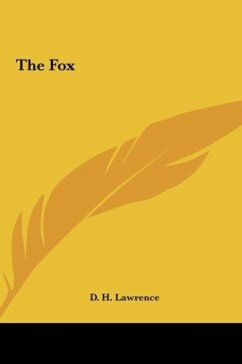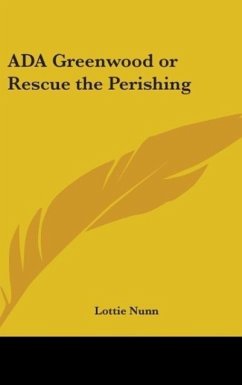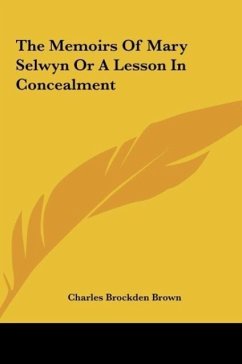David Herbert Lawrence was born on September 11, 1885, in Eastwood, United Kingdom. His parents were Arthur John Lawrence, a coal miner, and Lydia Beardsall Lawrence, who came from a family of lace makers. David grew up in a working-class environment, which deeply influenced his later works. He became one of the most important English novelists of the 20th century, known for his works that explored themes of modernity, social alienation, and the impact of industrialization. His writing championed human vitality, sexuality, and instinct, often in opposition to the dehumanizing forces of modern life. Lawrence's most famous works include novels such as "Sons and Lovers," "Women in Love," and "Lady Chatterley's Lover." He was influenced by prominent figures such as Thomas Hardy, Sigmund Freud, and E. M. Forster. His works were often controversial, addressing issues of sexuality and class that led to censorship. Lawrence married Frieda Weekley in 1914, and their life together was marked by travels and an often turbulent relationship. He died on March 2, 1930, in Vence, France, at the age of 44, leaving behind a significant legacy in literature that continues to provoke thought and discussion.














